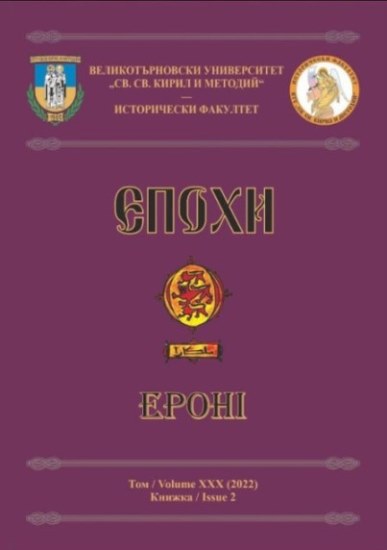Законът за празничните дни в Княжеството (1900 г.) – начало на трудовото законодателство в България
The Law on Holidays in the Principality (1900): Beginnings of Labour Legislation in Bulgaria
Author(s): Kostadin PaevSubject(s): History, Law, Constitution, Jurisprudence, History of Law, Local History / Microhistory, Recent History (1900 till today), Pre-WW I & WW I (1900 -1919), Labour and Social Security Law
Published by: Великотърновски университет „Св. св. Кирил и Методий”
Keywords: public holidays; economics; non-working days; labour legislation; parliamentary debates
Summary/Abstract: The holidays of a nation have different characteristics: political, historical, national, cultural, professional, personal, etc. Apart from a purely cultural and spiritual dimension, they have great social significance and a direct relation to the economic life and work activities of people. The state has always carried out legal regulation of official national holidays. The first special law act in this direction was the Law on Public Holidays in the Principality of 1900. The appearance of the law was a consequence of the economic upsurge of Bulgarian society in the last decade of the 19th century. The debates in the National Assembly during the discussion of the draft law were mainly focused on issues related to labour and legal matters – non-working days, restrictions on the exercise of trade and services, and their impact on the results of labour activity. The ideological, political, spiritual, and cultural dimensions of the holidays occupied significantly less space in the debates. Although the Principality Public Holidays Act of 1900 regulated a limited range of matter, its scope was considerably wide, and, in this sense, it can be defined as one of the earliest pieces of legislation in the field of labour law.
Journal: Епохи
- Issue Year: XXX/2022
- Issue No: 2
- Page Range: 307-312
- Page Count: 6
- Language: Bulgarian

